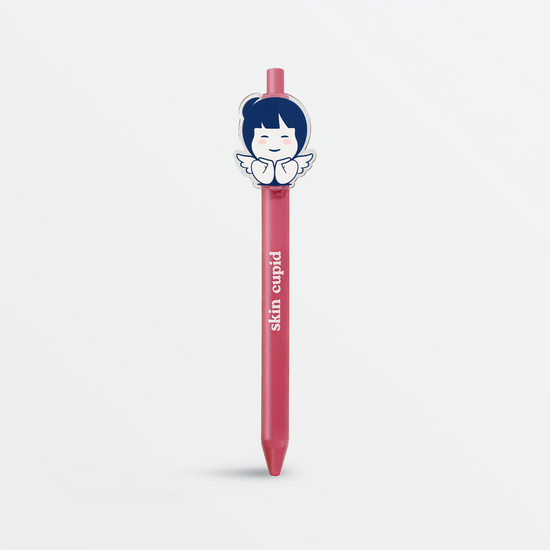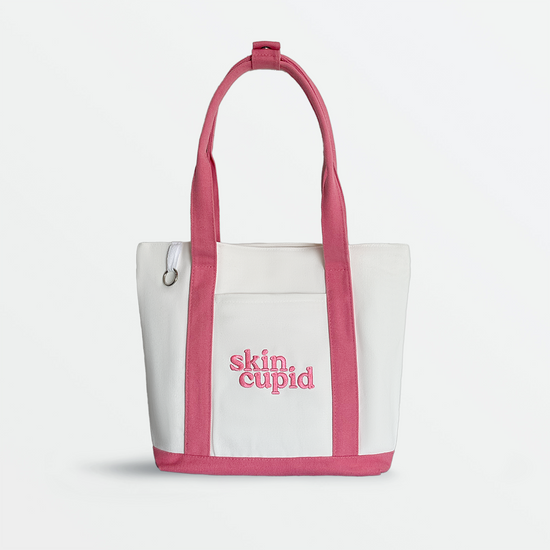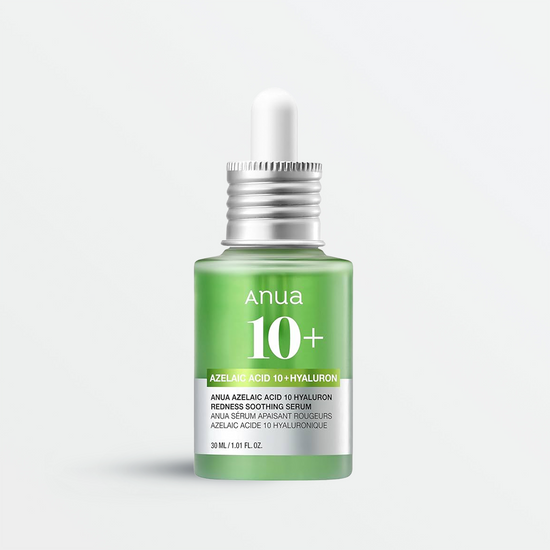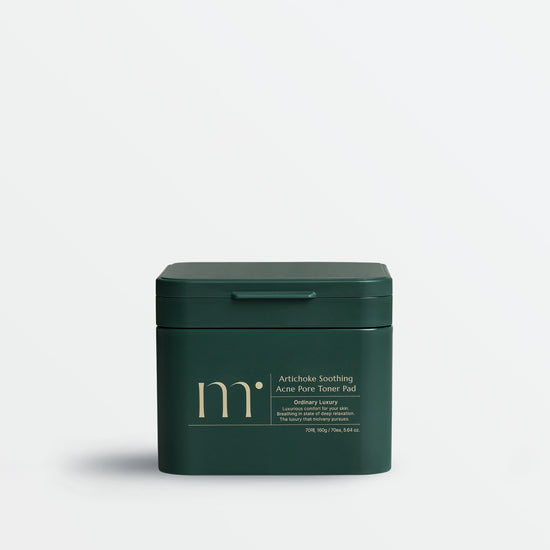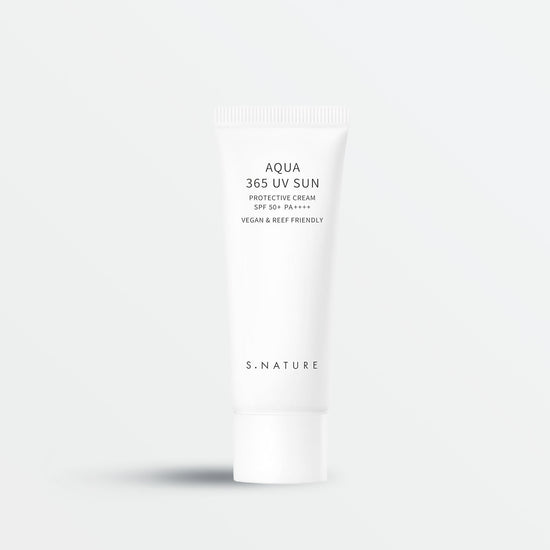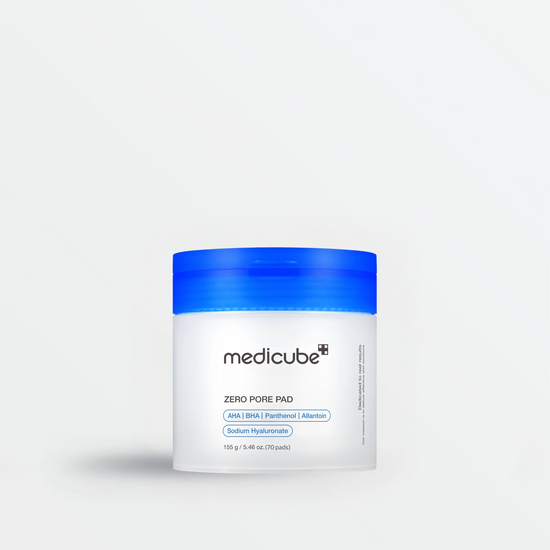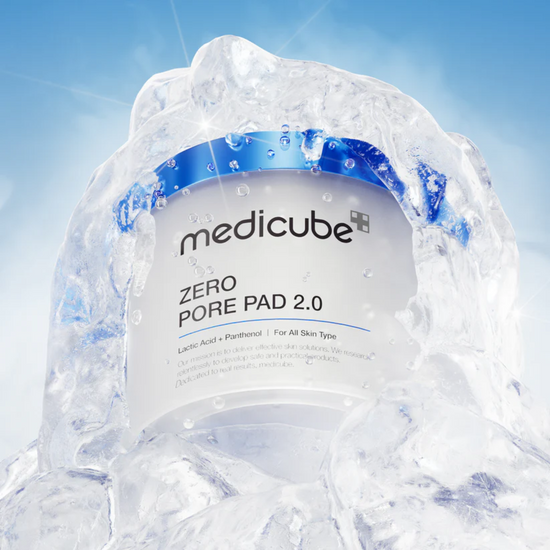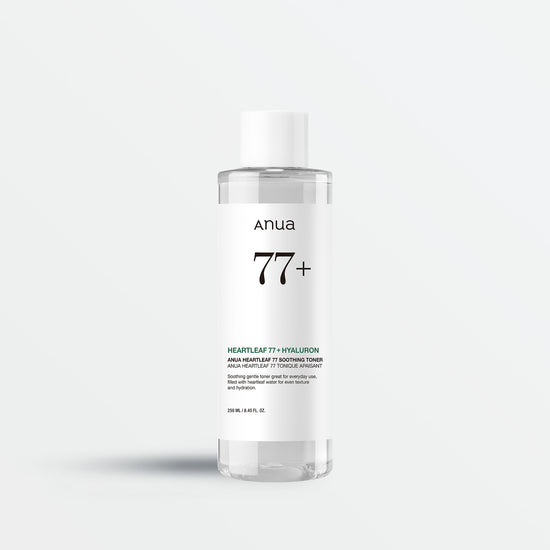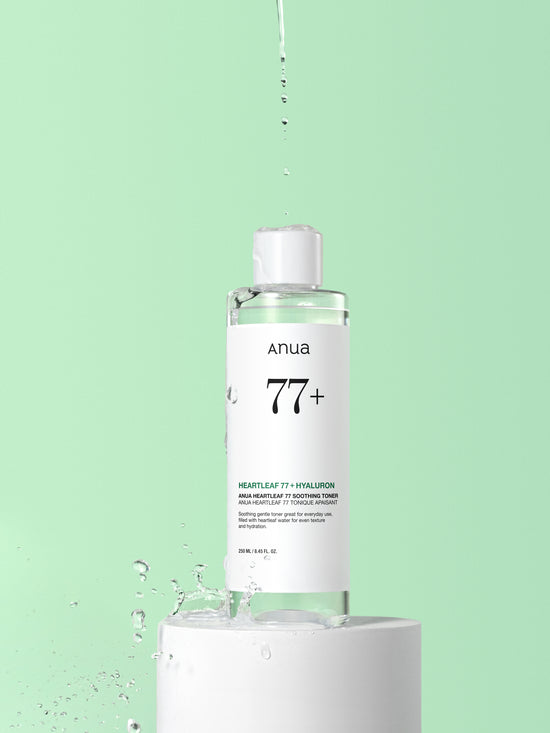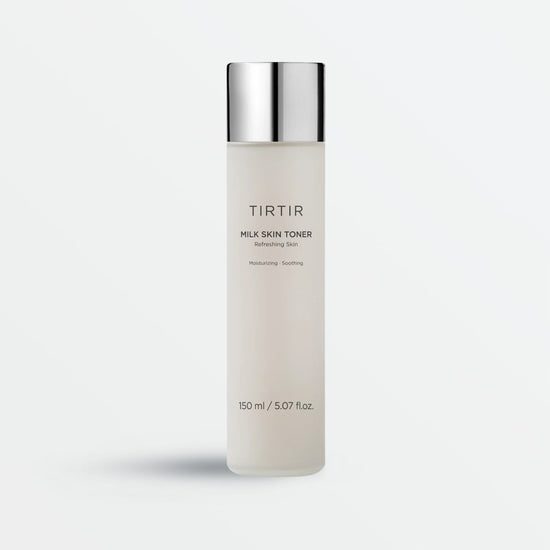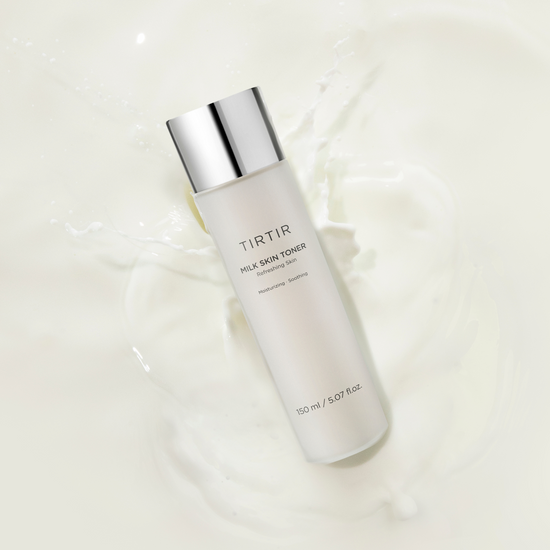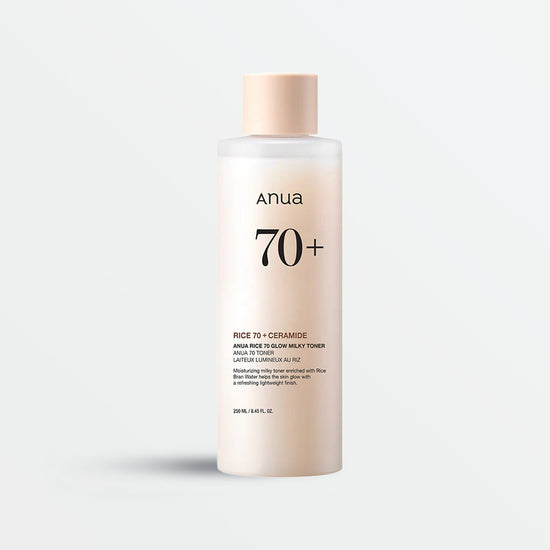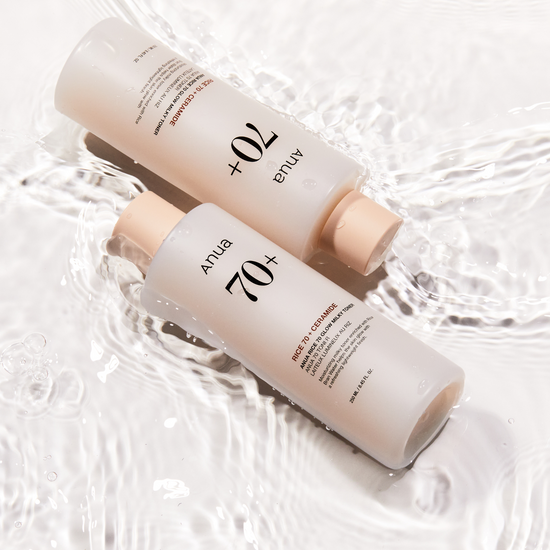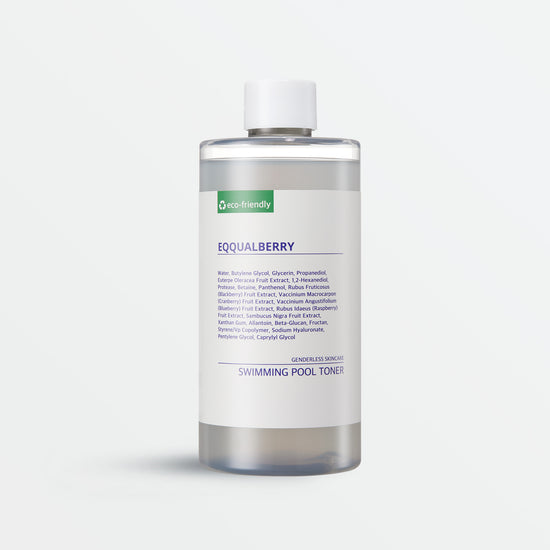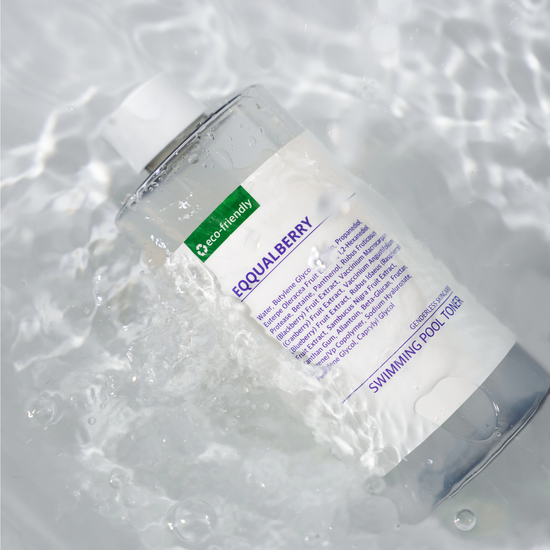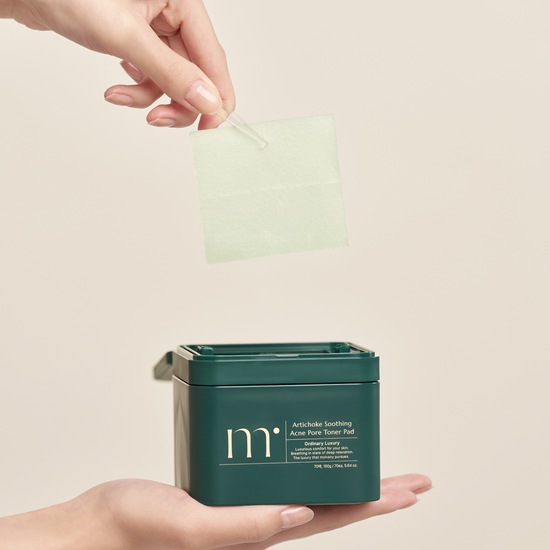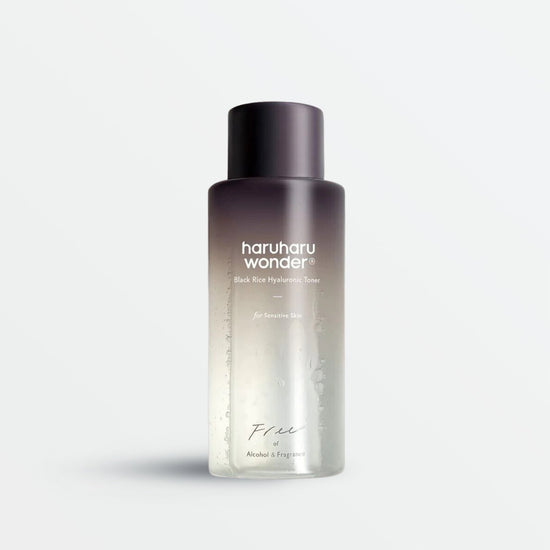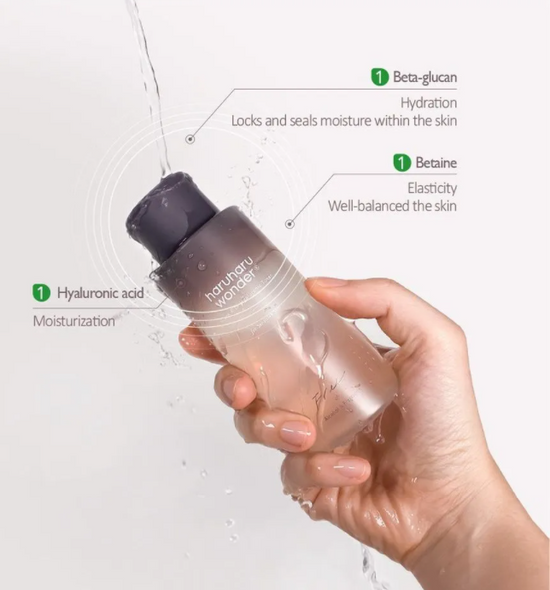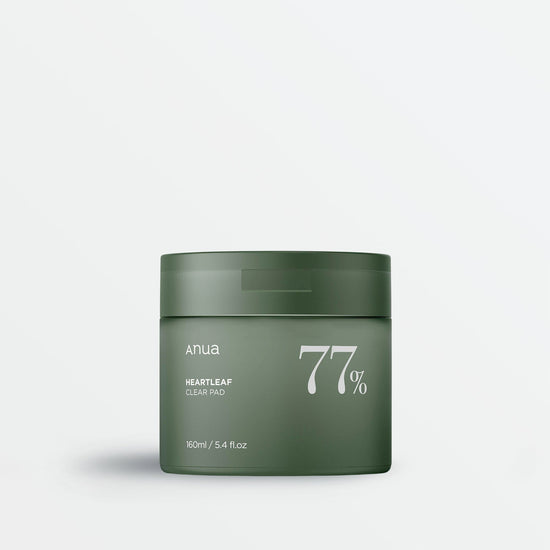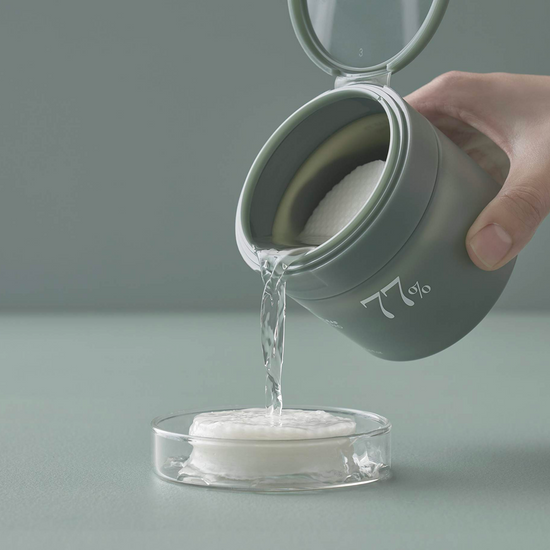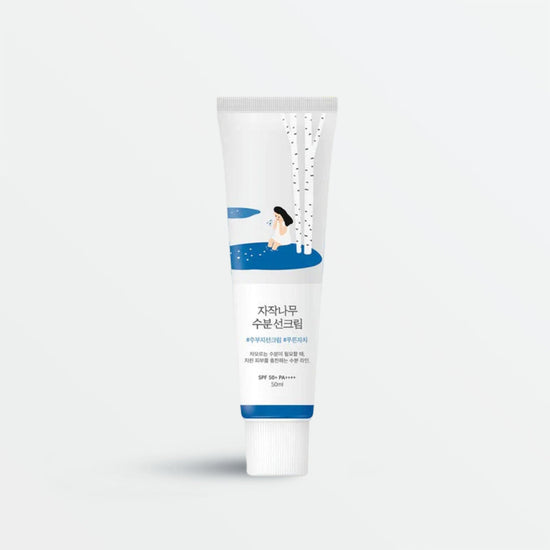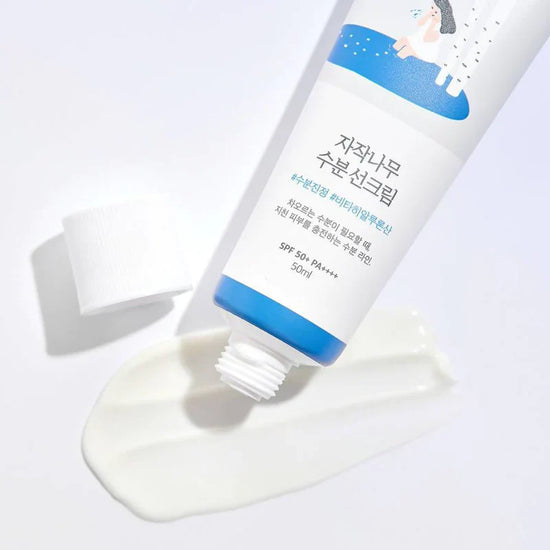Chemical vs Physical Sunscreen: What is the Difference?
Physical, mineral, chemical, hybrid… You often hear these terms thrown around when talking about sunscreen but what do they mean? More importantly, how do you know which one is best for your skin type and concerns? Let’s dive into the nitty gritty, learn about different UV filters, and discover the best K-Beauty sunscreens on the market to keep your skin protected from the sun and those pesky UV rays.
Why should you use a sunscreen every day?
Regardless of the filter, the sunscreen step is the most important one in K-Beauty, and with good reason. It helps to protect your skin from UV rays which are emitted by the sun. No matter the weather or season, UV rays can penetrate through clouds and windows, so remember to apply it daily. The dangers of exposure to UV rays include:
Increased risk of skin cancer
The rays damage the DNA inside the skin cells and thereby speed up cell growth to abnormal levels.
Premature and faster ageing
UV rays break down collagen and elastin, components of the skin that keep it bouncy and firm.
Hyperpigmentation and sun spots
Without SPF, your skin will produce melanin (pigment) to protect itself; as it is unable to do that evenly, it will appear as dark spots.
Higher chance of sunburn
If the skin is not able to produce enough melanin to shield itself from UV, it will instead cause sunburn.
More prominent acne scars
UV rays intensify the pigment of discolour the skin, causing acne marks to stay for longer and heal slower.
Chemical sunscreens
As the name suggests, chemical sunscreens use a chemical filter to shield the skin from UV. The filter is composed of active ingredients such as avobenzone, or oxybenzone that absorb into the skin, and convert the UV rays into heat upon contact, which then gets released. As the sunscreen is absorbed into the skin, chemical sunscreens tend to be more lightweight, white cast-free, as well as water and sweat-resistant. However, as the active ingredients penetrate the skin, there is a higher possibility of rising irritation, especially on sensitive skin. You will find the majority of sunscreens on the market are chemical!
It's important to note that chemical sunscreens need to be applied at least 20 minutes before going outside or being exposed to the sun. This allows the active ingredients to penetrate the skin and start doing their job after time’s up.
This cult-favourite sunscreen is loved by many! With a lightweight, dreamy texture, this sunscreen effortlessly blends into the skin and leaves the skin glowing. Formulated with skin-loving ingredients such as Centella Asiatica that soothes irritation and Hyaluronic Acid, well-known for its ability to pull in moisture; the SPF delivers the perfect balance of hydration for combination skin. It can also substitute a moisturiser in the morning and works great under makeup as a part of your skin prep.
The silky, watery texture of this essence-type sunscreen will make you fall in love with it instantly! The most lightweight sunscreen Team Cupid has ever seen, its intensely moisturising formula will help to control oil production throughout the day, as oils form on the skin to compensate for the lack of hydration. It also contains Panthenol, which is a great ingredient to soothe red and irritated skin.
If your skin needs a moisture boost, look no further than this sunscreen. Its formula is packed with a whopping 74 naturally derived minerals from the deep sea water of Ulleungdo Island, which help keep the skin hydrated, nourished, and moisturised. With added Niacinamide and Ascorbic Acid, it also brightens dull and tired skin, as well as helps to further fade dark spots.
Physical sunscreens
These sunscreens use physical (sometimes referred to as mineral) filters, the most common ones include Zinc Oxide and Titanium Dioxide. The filter acts as a protective layer, sitting on top of the skin and reflecting UV rays off the surface. To form the barrier, these sunscreens tend to be thicker and may leave a white cast on the skin. But unlike chemical sunscreens which are absorbed, these types of SPFs have a much lower likelihood of irritating the skin and are best for sensitive skin. Also, it is recommended to use them during pregnancy and breastfeeding.
A K-beauty staple for irritated and breakout-prone skin, this ultra-gentle sunscreen protects with a mineral Zinc Oxide formula and soothes the skin with anti-inflammatory, antibacterial Mugwort Extract. Its light texture does not create pilling or leave a sticky, greasy feeling, but instead nourishes and hydrates the complexion for healthier-looking skin.
Hybrid sunscreens
Combining both filters in one, hybrid sunscreens combine the benefits of both into one single product! Lightweight yet non-irritating and providing maximum protection for the skin.
Offering maximum sun protection with both filters and SPF50+, this sunscreen is a staple for all skin types, especially those in need of soothing. Its unique formula is enriched with PURITO’s patented Centella Complex which combines Centella with Madecassoside, and Madecassic Acid, creating a blend that strengthens the skin barrier, delivers intense hydration, and promotes healing. What a find!
Enjoy the sun with confidence!


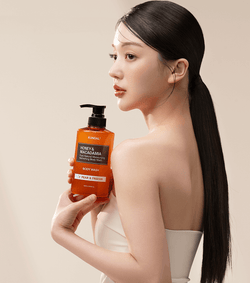
 Subscription box
Subscription box 